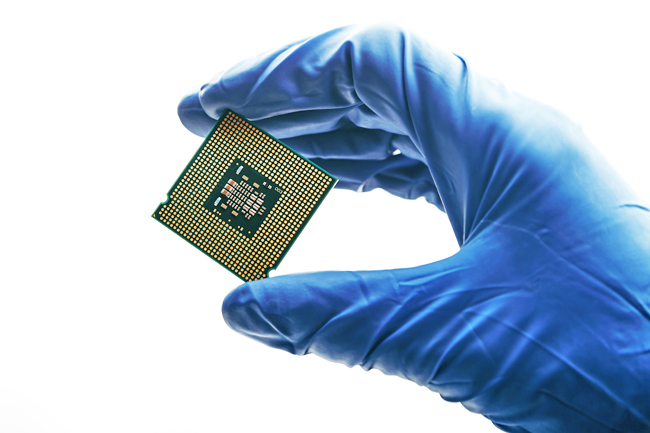ANN/THE KOREA HERALD – With US President Donald Trump announcing a 25-per-cent tariff on South Korean imports, the country’s semiconductor industry breathed a sigh of relief after being excluded but remained wary of potential sector-specific duties.
The White House stated on Wednesday that certain goods, including semiconductors, steel, and automobiles, would be exempt from the new tariffs.
However, a minimum 10 per cent “baseline” tariff would apply to exports from all countries, alongside country-specific “reciprocal” tariffs, including a 25-per-cent duty for South Korea.
Industry officials remained on alert as the US signalled possible sector-specific tariffs. While South Korea’s top chipmakers, Samsung Electronics Co and SK hynix Inc, have not issued official statements, they are actively reviewing strategies to mitigate potential trade risks.
“There are still uncertainties,” said an official from a South Korean semiconductor company, who asked not to be identified. “The global semiconductor value chain is highly complex, and major US tech companies play a central role. The US government may need more time to picture details.”
Already, 25 per cent tariffs on imported cars and key auto parts took effect yesterday, potentially impacting all related industries.
Experts suggest that South Korean firms may need to strengthen their US production strategies to align with Trump’s push for domestic job creation.
“Trump continues to pressure foreign companies to establish manufacturing facilities in the US and create jobs,” said professor Kim Dae-jong at Sejong University.
Adding to concerns, Trump’s has also expressed scepticism toward providing subsidies under the US CHIPS Act. Samsung Electronics signed a deal last year to receive a USD4.7 billion subsidy from the US Department of Commerce for its USD37 billion investment in Texas, while SK hynix is set to receive USD458 million in subsidies for its investment in Indiana, both under the CHIPS Act.



